In an effort to stop the carnage in South Sudan, the UN Security Council extended sanctions and an arms embargo on Thursday, against objections from a number of nations.
With nine countries voting in favor and six abstaining, the US-drafted resolution received the bare minimum of votes to pass.
The article criticized “the continued intensification of violence, including intercommunal violence, prolonging the political, security, economic and humanitarian crisis in most parts of the country.”
The resolution puts an additional year on the nation’s arms embargo until May 31, 2025.
Additionally, it expands on a previous exception that was approved a year ago and allows non-lethal military assistance to be transferred in support of a 2018 peace agreement without requiring prior notice.
Additionally, it reaffirms that the Security Council is prepared to examine the arms embargo measures “in the light of progress” on a few critical problems, including their eventual suspension or relaxing.
The embargo “remains necessary to stop the unrestricted entry of weapons into an area where firearms are widely available.” Robert Wood, the deputy US ambassador to the UN, said, “Too many people, and especially women and children, have borne the brunt of this ongoing violence.”
Juba rejects that position, along with several Security Council members including Russia, which has long demanded the lifting of the embargo.
“It is essential to acknowledge the significant achievements we have made,” said South Sudan’s ambassador to the UN Cecilia Adeng, who called for a “more balanced approach.”
Along with a number of other Security Council members, including Russia, which has long called for the easing of the embargo, Juba rejects that stance.
Ambassador of South Sudan to the UN Cecilia Adeng said, “It is essential to acknowledge the significant achievements we have made,” and she advocated for a “more balanced approach.”
‘Negative effects’
“Lifting the arms embargo will enable us to build robust security institutions necessary for maintaining peace and protecting our citizens.”
The ambassador of Algeria, Amar Bendjama, stated that the embargo “is no longer serving the purposes of which it was established” and that it “is having negative effects since it hinders the ability of the transitional government to create the necessary capacity.” Along with Russia, China, and Guyana, other African members abstained on the vote, including Sierra Leone and Mozambique.
Some members of the UN are becoming more and more opposed to arms embargoes, especially the African nations that Russia frequently supports.
Russia’s deputy UN ambassador Anna Evstigneeva stated, “It is evident that at this point, many of the Council sanctions regimes, including South Sudan’s, are out-of-date and need to be reviewed.”
She added it was regrettable that Washington saw these kinds of embargoes as a “panacea for all of the country’s problems.”
Between 2013 and 2018, a violent civil conflict between the supporters of two opposing leaders, Salva Kiir and Riek Machar, engulfed the nation of 12 million people and claimed 380,000 deaths.
Despite a peace agreement reached in 2018, violence continues, and the UN estimates that about two million people are internally displaced.


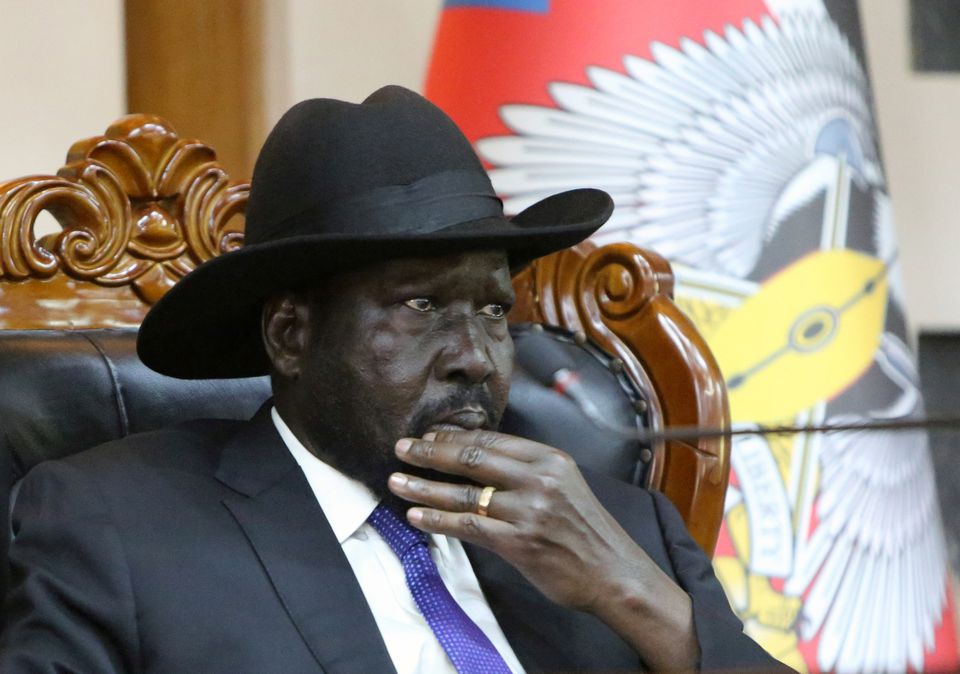
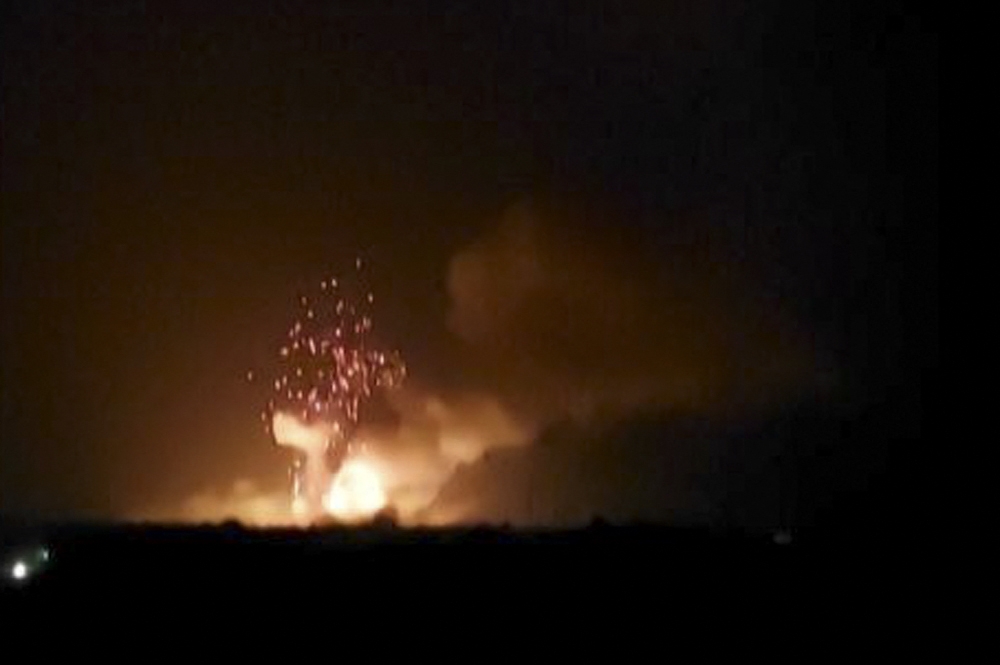
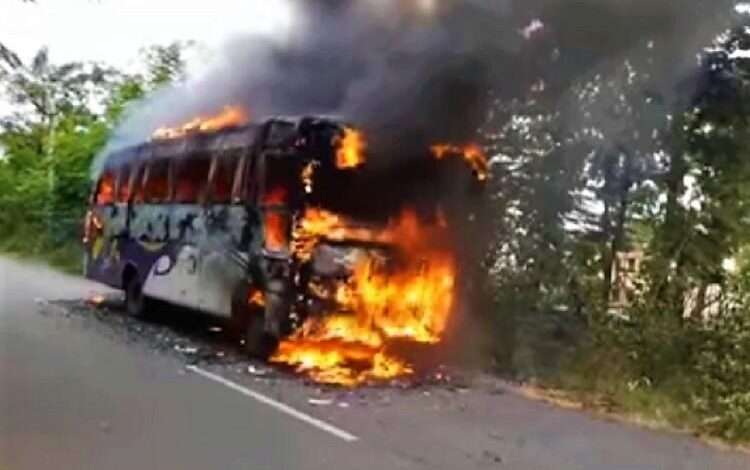
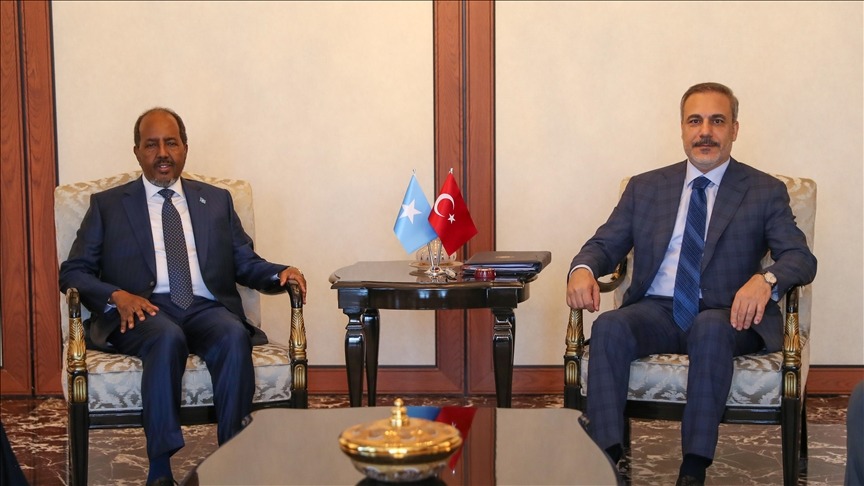
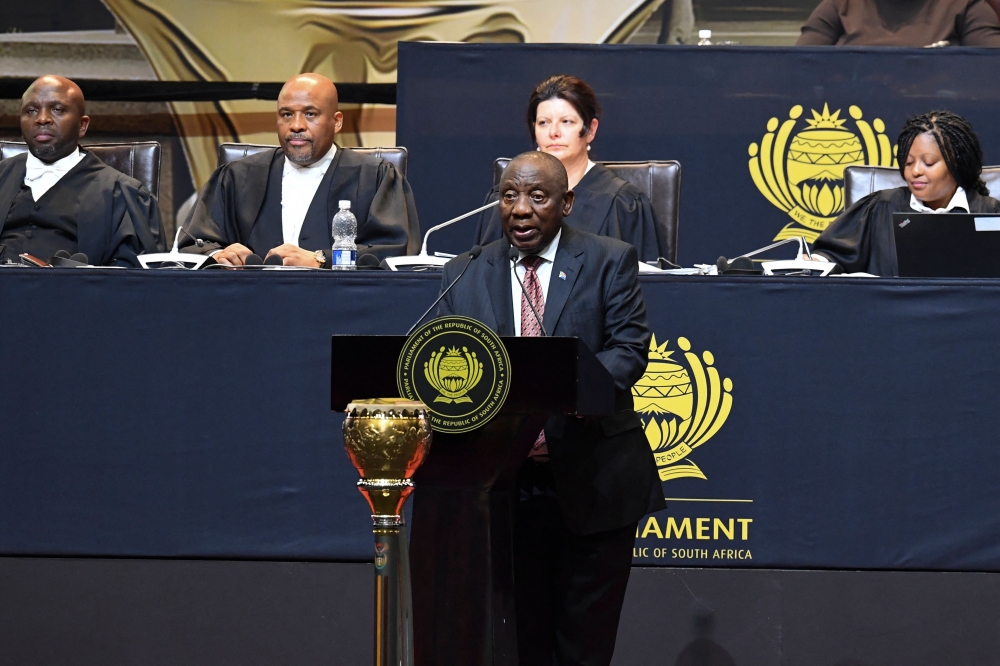
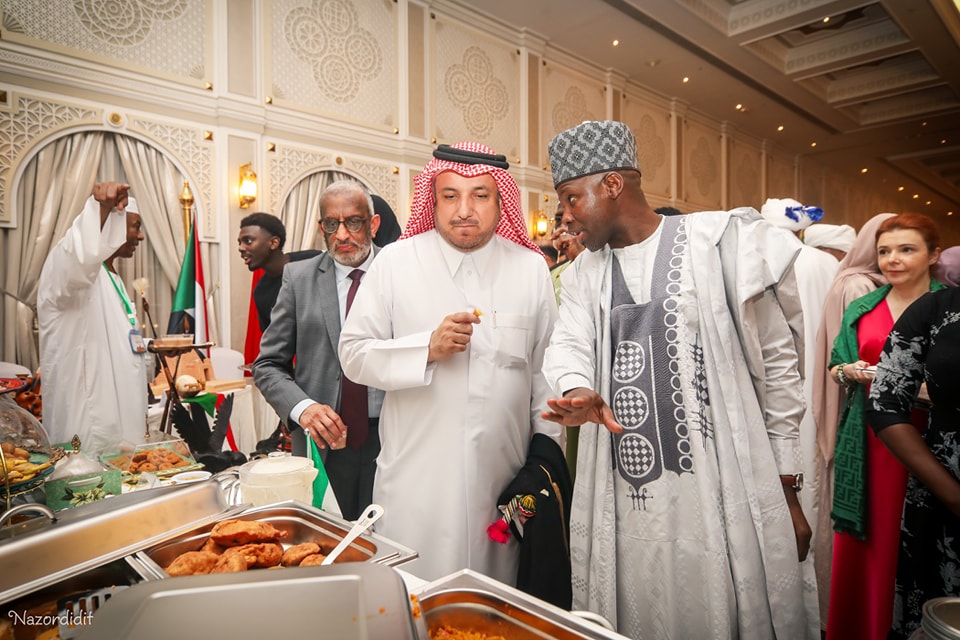
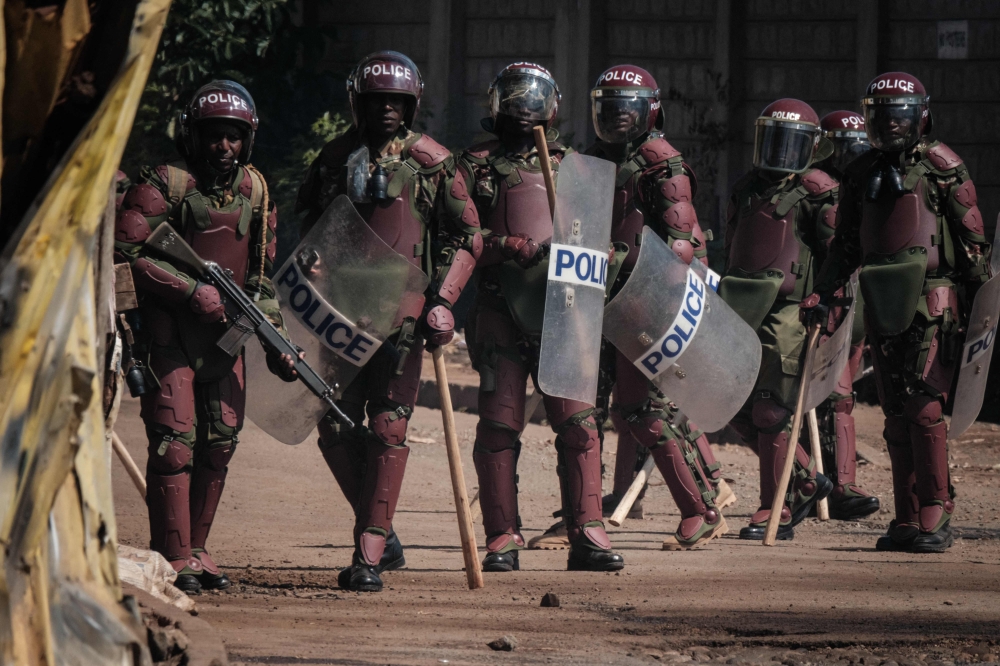
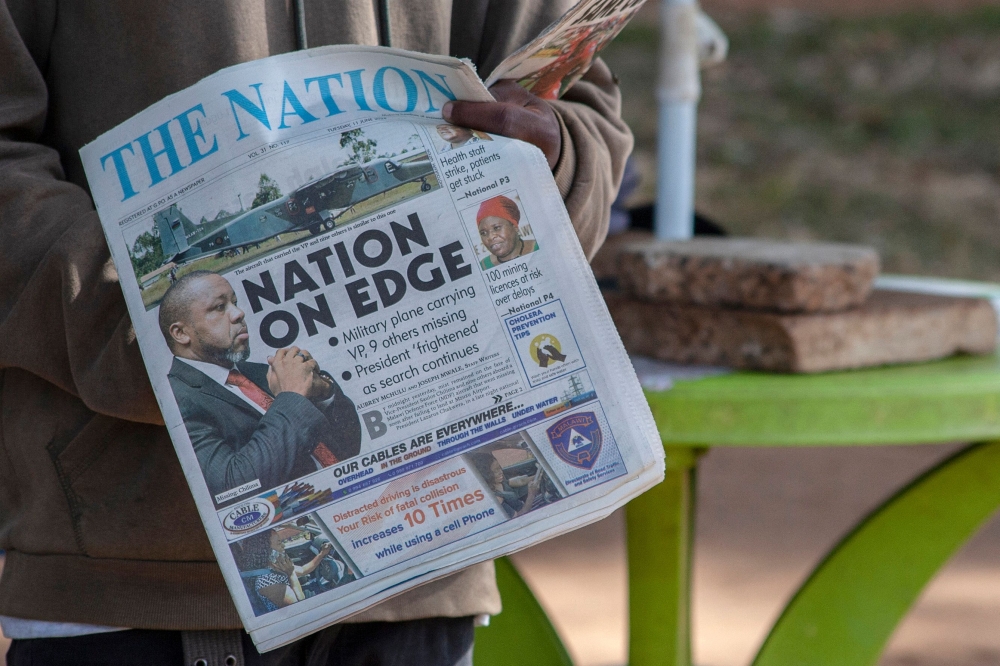

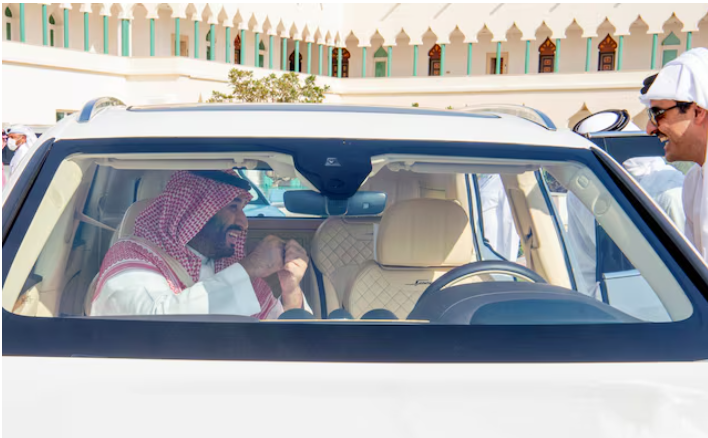
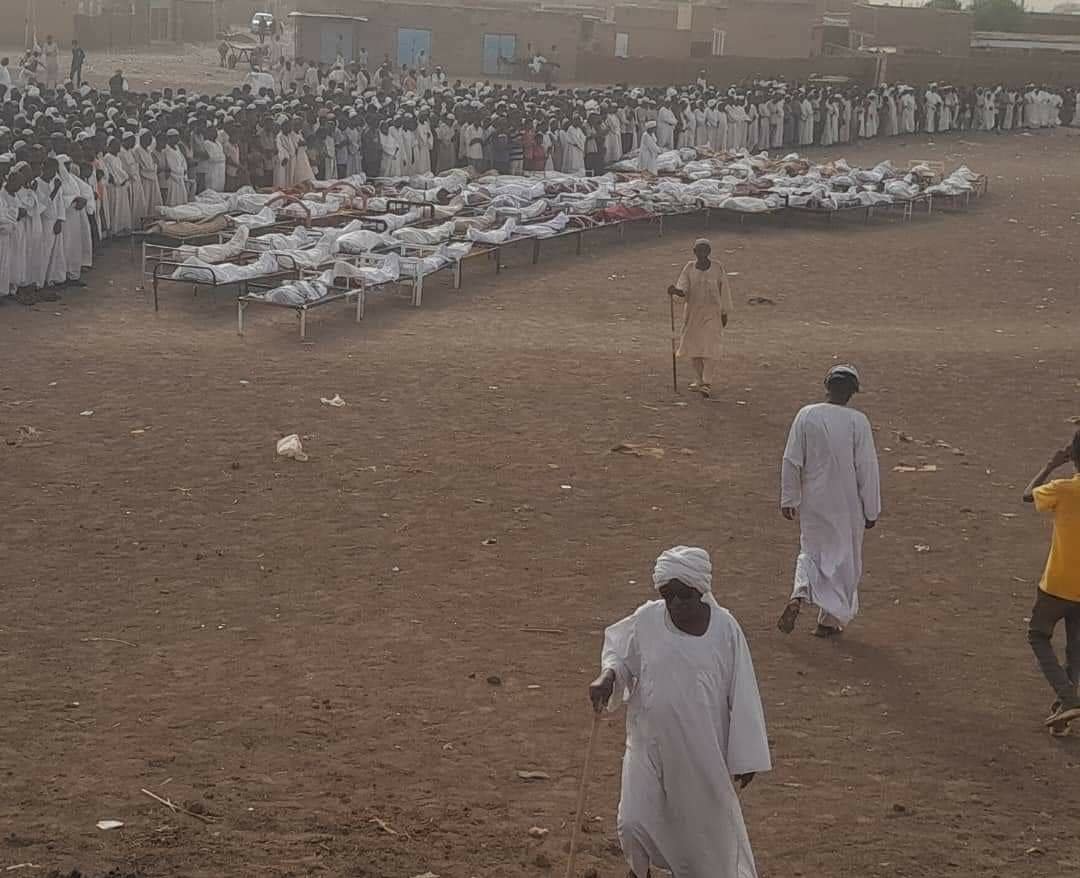




Leave a Reply